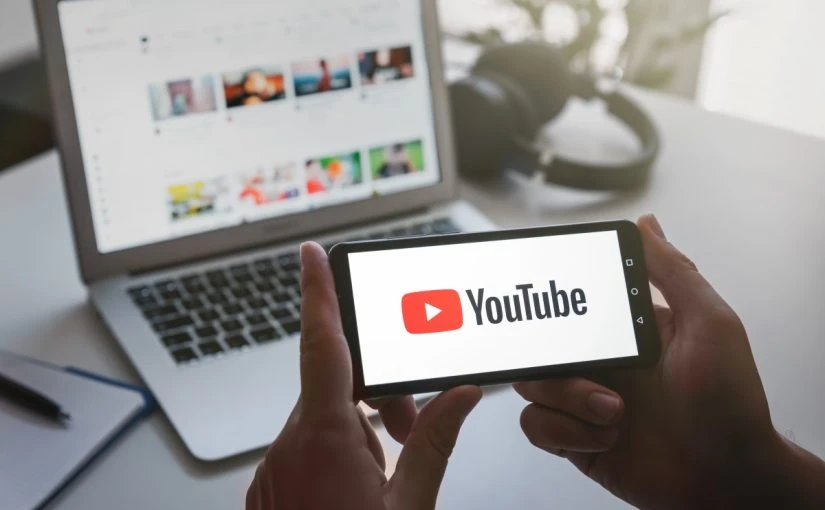YouTube is the most popular platform to stream video online. YouTube MP3 Converters have become popular due to a desire to remove audio from videos. The article examines the legal and ethical implications of this conversion, as well as the possible future for online audio.
Understand YouTube to MP3 conversion:
YouTube to MP3 is the conversion of audio from youtube to mp3 converter into MP3. The primary reason for creating personal music libraries is convenience, but the practice has been the subject of much debate.
YouTube MP3 Converter: Controversies
Concerns about Intellectual Property:
The potential for infringement on intellectual property is one of the main controversies surrounding YouTube MP3 conversion. The content creators claim that the practice robs them of revenues generated by legitimate platforms such as digital downloads and streaming services.
Violations of Terms of Service:
Many YouTube-to-MP3 converters violate YouTube’s Terms of Service, which prohibits downloading content without permission. It raises questions of ethics about the respect for the rules and rights set forth by the content platforms.
Loss of Revenue for Artists:
Musicians and artists may suffer financial loss when they use YouTube MP3 converter instead of buying or streaming music from authorized platforms. The loss in revenue can hurt the lives of people involved with the production of content.
The Legal Consequences
DMCA takedown notices:
The Digital Millennium Copyright Act provides a method for owners of copyrights to ask that infringing material be removed. YouTube responds often to DMCA notices with the removal or restriction of videos that violate copyright laws.
Legal Actions Against Converter Websites:
Several YouTube-to-MP3 converter sites have been subjected to legal action initiated by copyright holders or content creators. It has been established by legal precedents that offering tools and services designed to infringe copyright can have serious consequences.
Variations in Copyright Laws across the Globe:
Due to variations in copyright law, YouTube conversions to MP3s are legal in different countries. Other regions might have a more liberal interpretation of fair usage, while some may be more strict.
Future of Online Audio Conversion
Technological Progress:
Content platforms could develop sophisticated ways to stop unauthorized downloads and conversions as technology evolves. It could be a matter of implementing advanced encryption systems or digital rights management software.
Change in Business Models:
Ongoing debates about the revenue losses suffered by content and artist creators could lead to a change in the business model. Platforms could explore ways to reward creators and reduce the need for YouTube-to MP3 conversion.
Education Initiatives: Raising awareness of copyright laws, and their impact on unauthorized downloads could result in educational initiatives. By encouraging users to access content legally, they can foster a culture that respects intellectual property rights.
Emerging trends and ethical considerations
The landscape of YouTube MP3 conversion includes several new trends, as well as ethical concerns.
Industry Adaptation and Streaming Services: With the rise of streaming, the music industry landscape has been dramatically altered. Spotify, Apple Music, and YouTube are now the dominant streaming platforms. This shift in the industry may have an impact on how common YouTube-to MP3 conversion is. The impact of illegal content downloads can be mitigated by artists and record labels adopting new revenue models.
Ethical dilemmas and User Perspectives: To understand the reasons behind YouTube MP3 conversion, it is important to acknowledge the perspective of the users. Others argue it is a way to make content more accessible, as users can enjoy the content on multiple devices or offline. When considering its impact on the creators as well as the industry, there are ethical issues. Both users and the industry are challenged to find a way to balance user convenience with ethical content consumption.
Conclusion:
This controversy reflects the changing nature of digital media and how the relationship between creators and platforms is evolving. The practice is not only a source of legitimate concerns regarding intellectual property but also revenue losses. It highlights the importance of a thorough understanding of copyright laws as well as ethical content consumption. The future of audio conversion online will be determined by the combination of technology advancements, evolving consumer attitudes, and legal frameworks as the digital ecosystem continues to grow.


